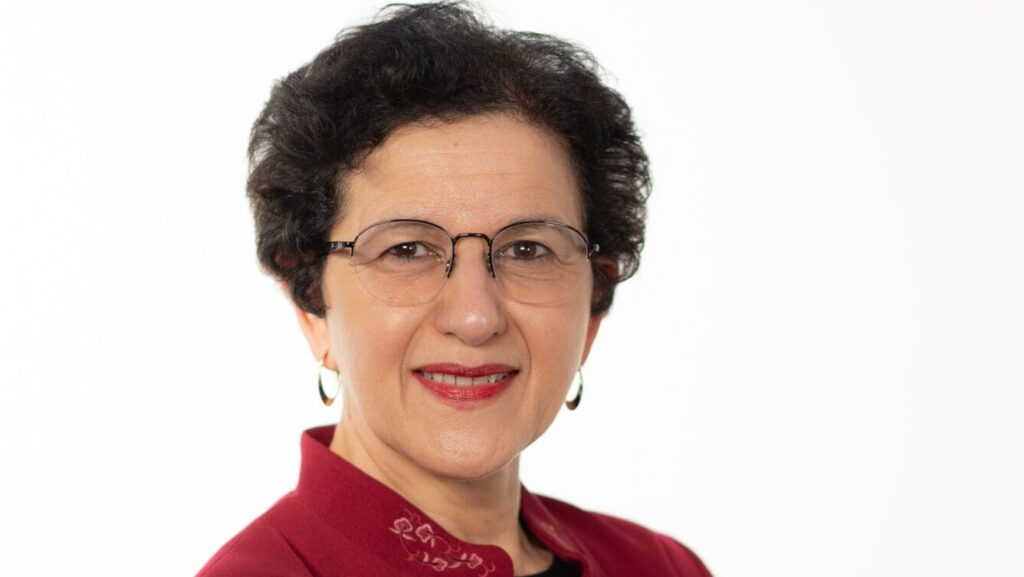
“Westerners must realise the future of their civilization is at stake”: An Interview with Malika Sorel
France is changing for the worse. We are living in a country on the road to underdevelopment.

France is changing for the worse. We are living in a country on the road to underdevelopment.
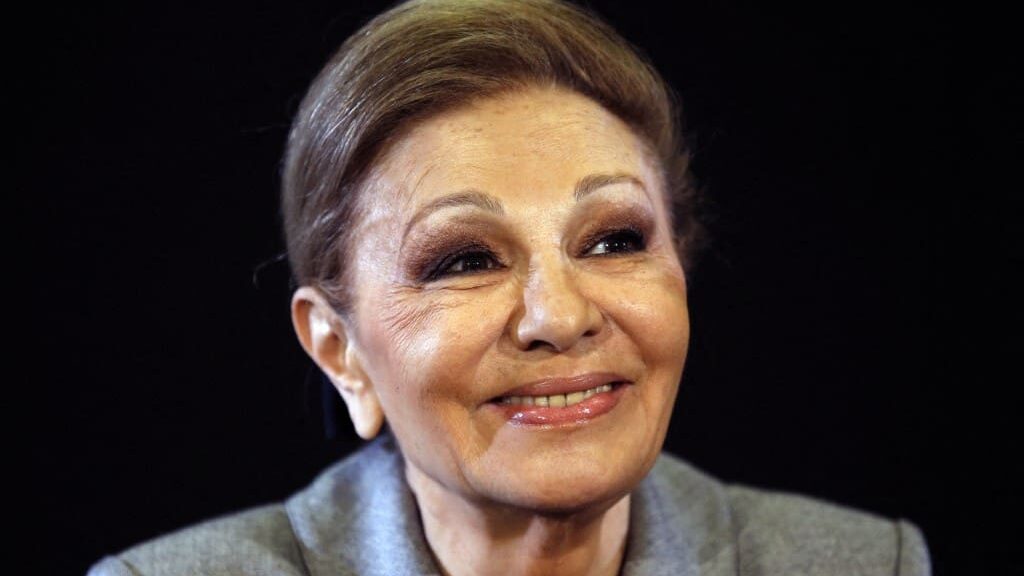
“What’s happening now in Iran is ugly. The Iranian people do not deserve this.”
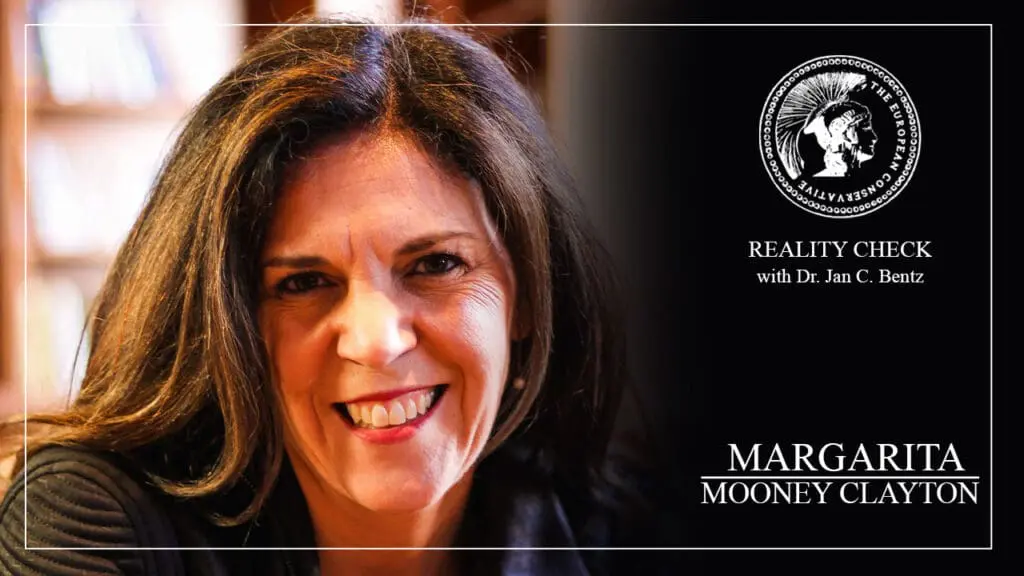
In this episode, Jan Bentz is joined by Margarita Mooney Clayton. Together they explore how a liberal arts education fosters adaptability, nurtures a love of lifelong learning, and equips individuals with the tools to navigate the rough waters of society.
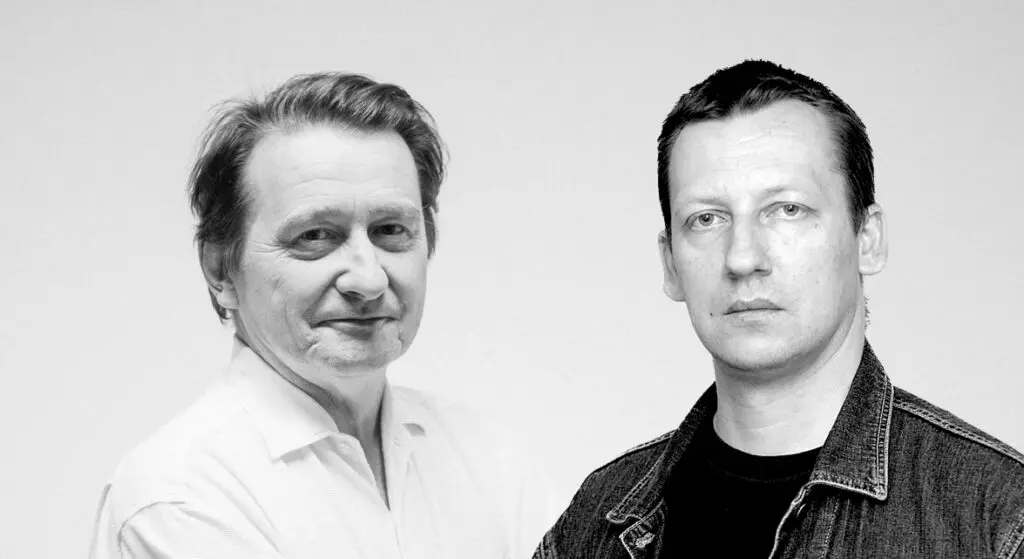
“Many Slovenians do not understand why a party calling itself the ‘Freedom Movement’ seeks to silence political dissidents and, in practice, to end freedom of expression.”
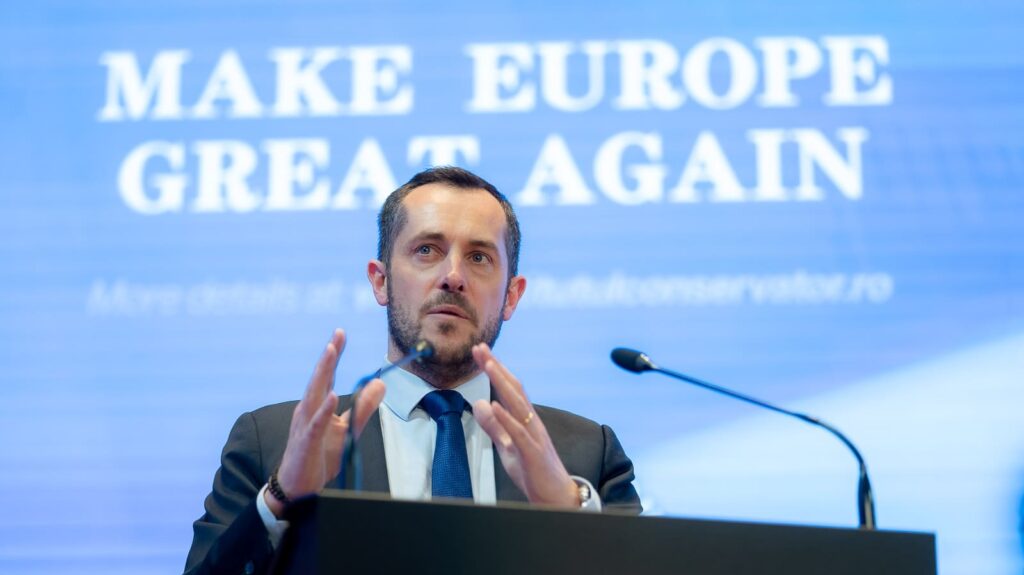
“Success lies in being clear about what is at stake and speaking honestly about how to tackle the issues.”
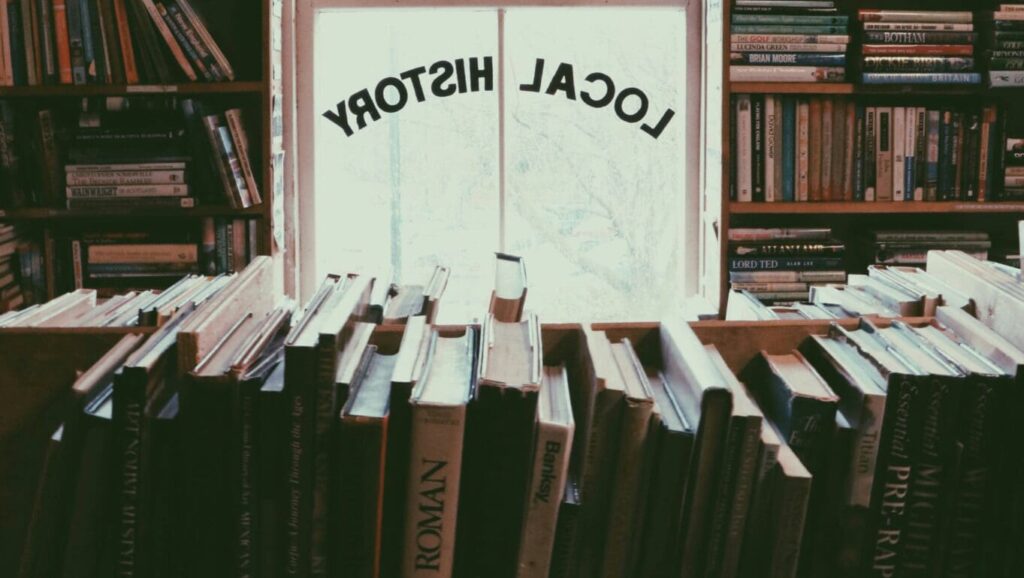
Leftists are weaponizing history. Young people deserve an alternative that allows them to think critically.

“I’m still shocked that so many women can believe that a man can become a woman.”
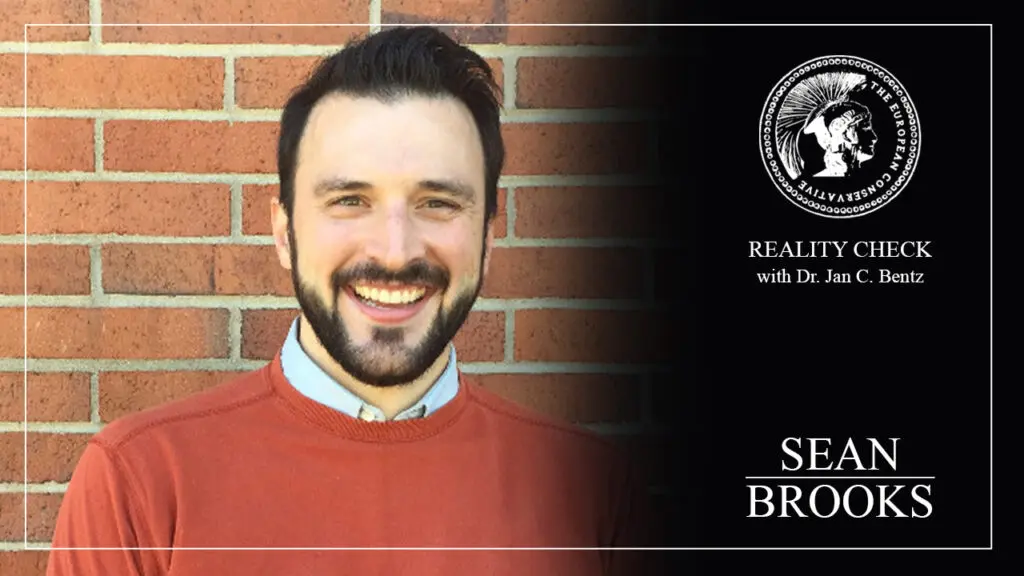
Jan Bentz speaks to psychologist Sean Brooks. Together, they navigate faith and science, refuting the view that psychology is incompatible with religious belief.
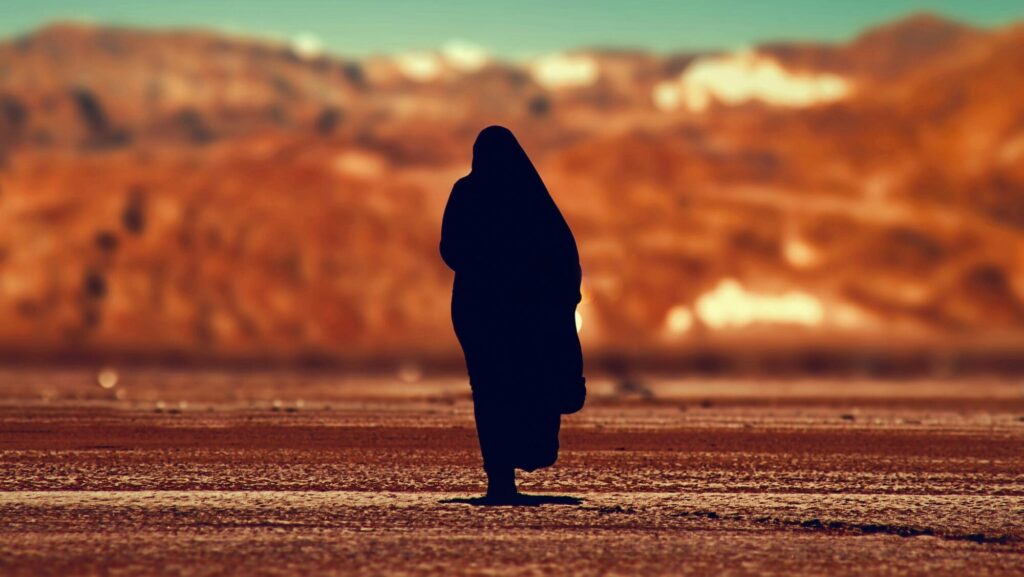
Islamist leaders are turning neighbourhoods into ghettos.
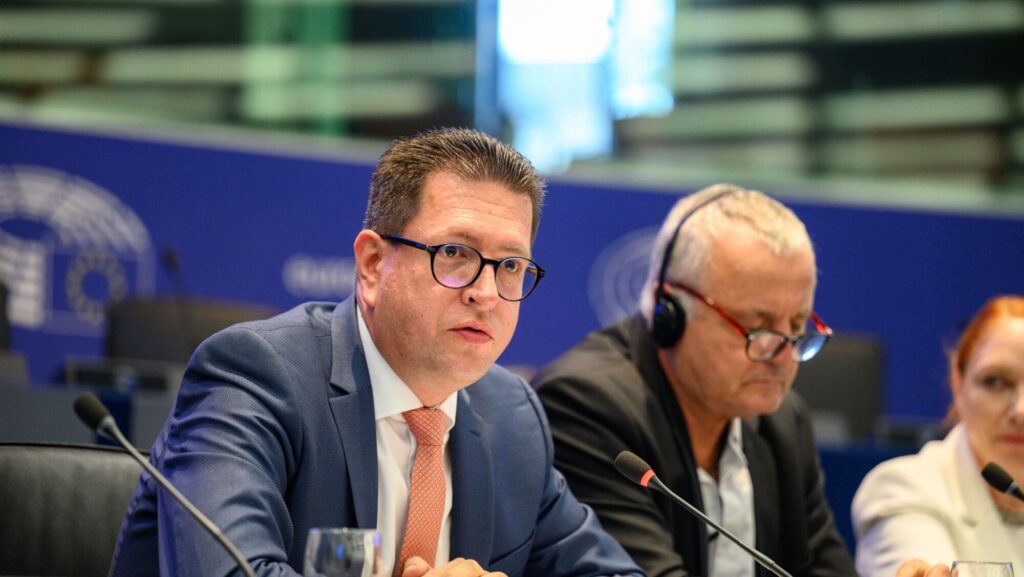
“AUR has no interest in promoting the common good,” says MEP representing Romania’s ethnic Hungarian community in Brussels during a time of growing tensions back home.
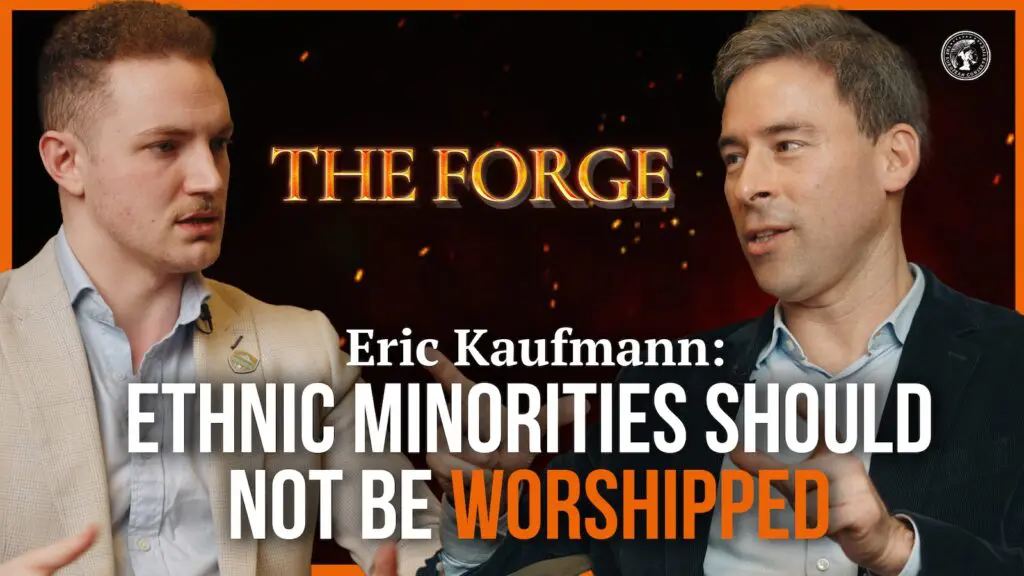
In the first episode of The Forge, Harrison Pitt sits down with best-selling author and political scientist Eric Kaufmann to discuss competing strands of liberalism, the race taboo, and the future of white majorities.
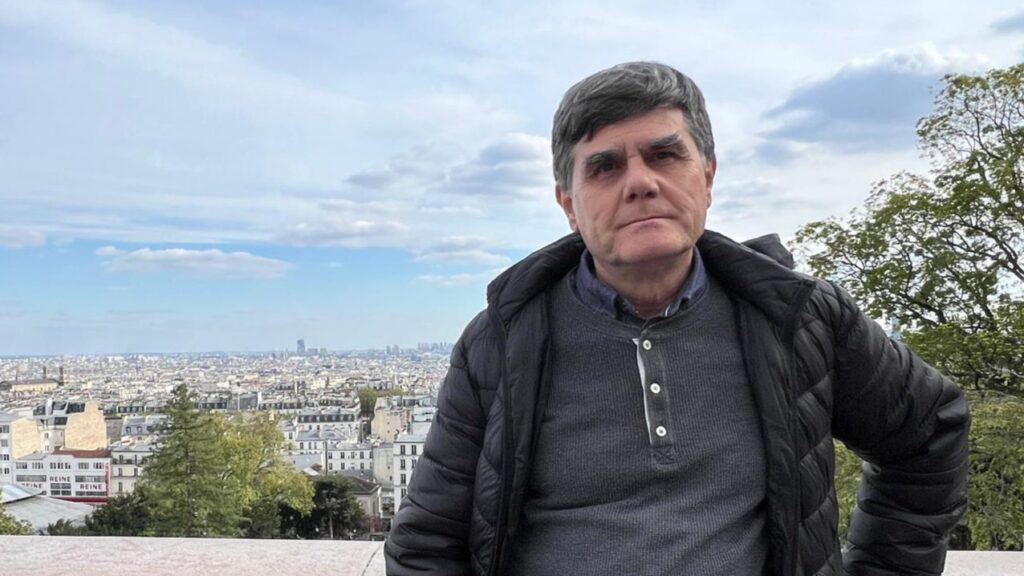
Leftist activists understand that to bring about changes in society, you have to generate a cultural change.
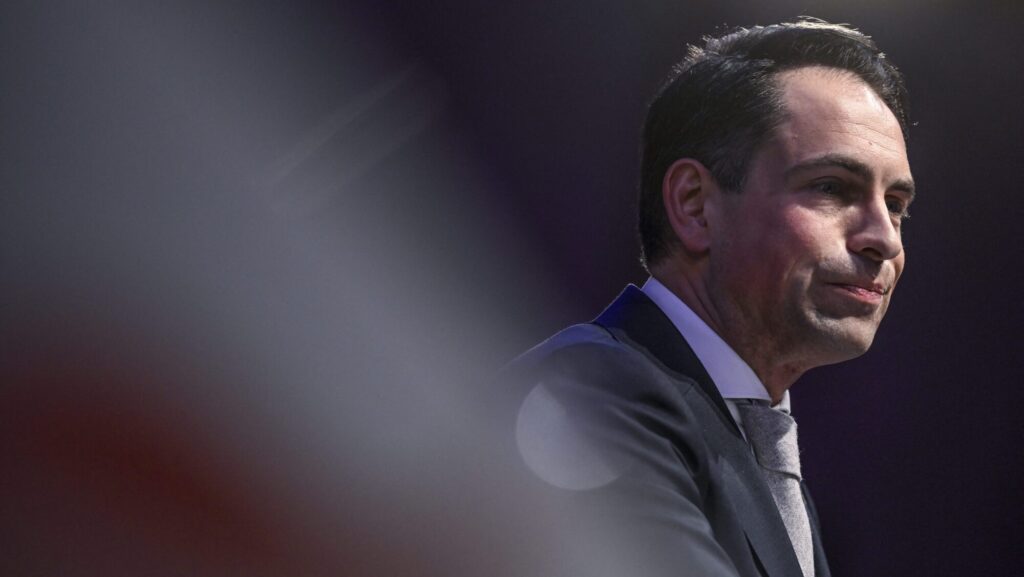
“When did our continent face its most terrible times? When certain actors tried to force Europe into one structure. It was Napoleon’s goal, it was Hitler’s goal, now it’s the EU’s goal.”
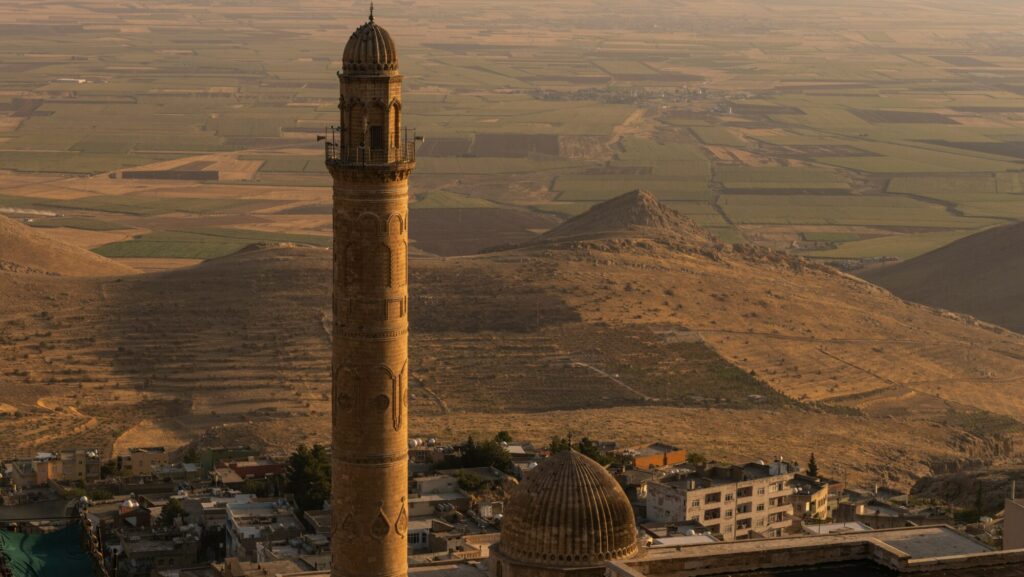
Assyrians have withstood the sands of time; we have survived annihilation attempts.
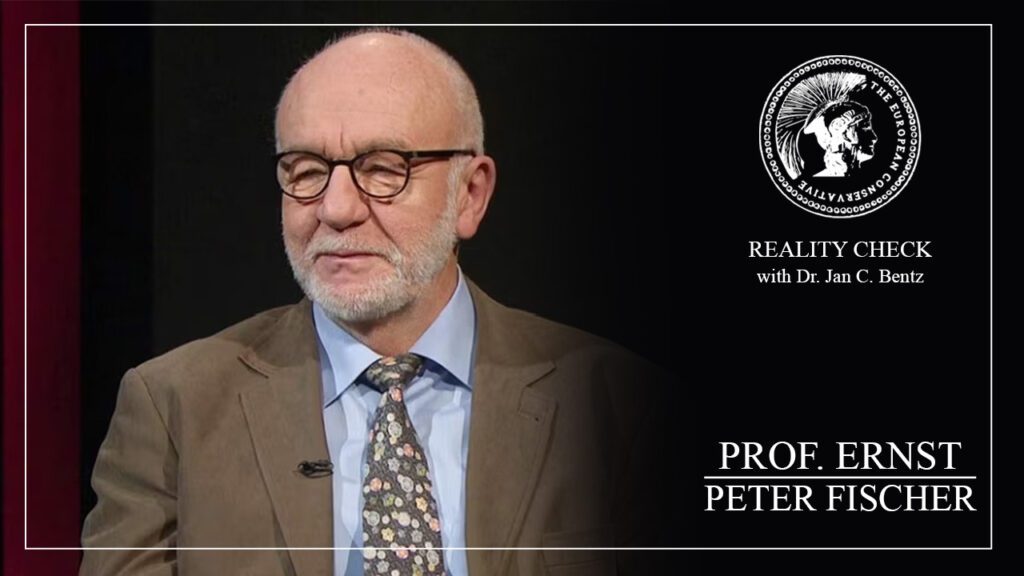
Jan C. Bentz talks with Ernst-Peter Fischer, historian of science, about the beauty of mystery and whether is it scientifically possible to understand the world as enchanted.
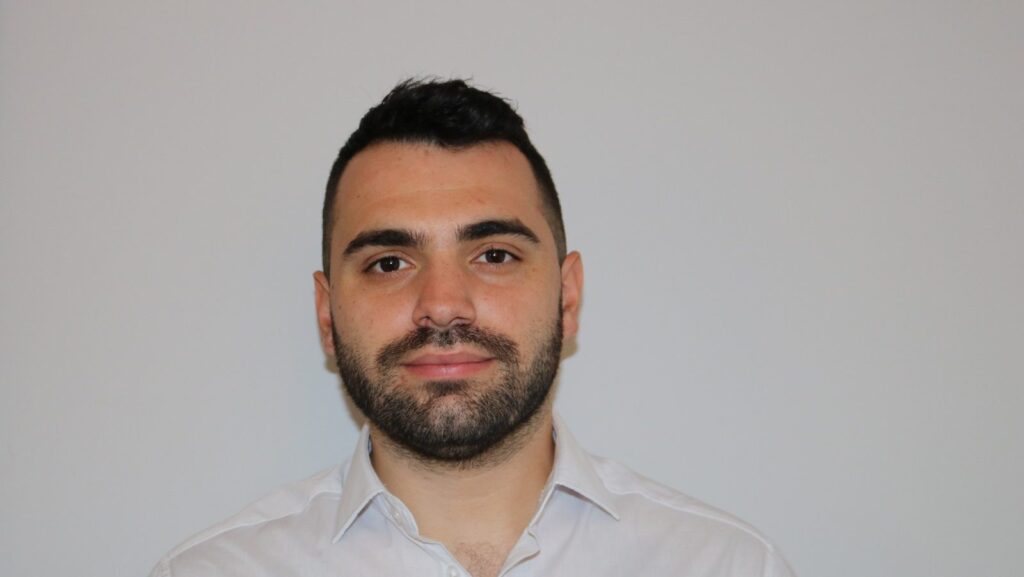
It should not be forgotten that jihadism is an ideological current inherent to the Islamic world.
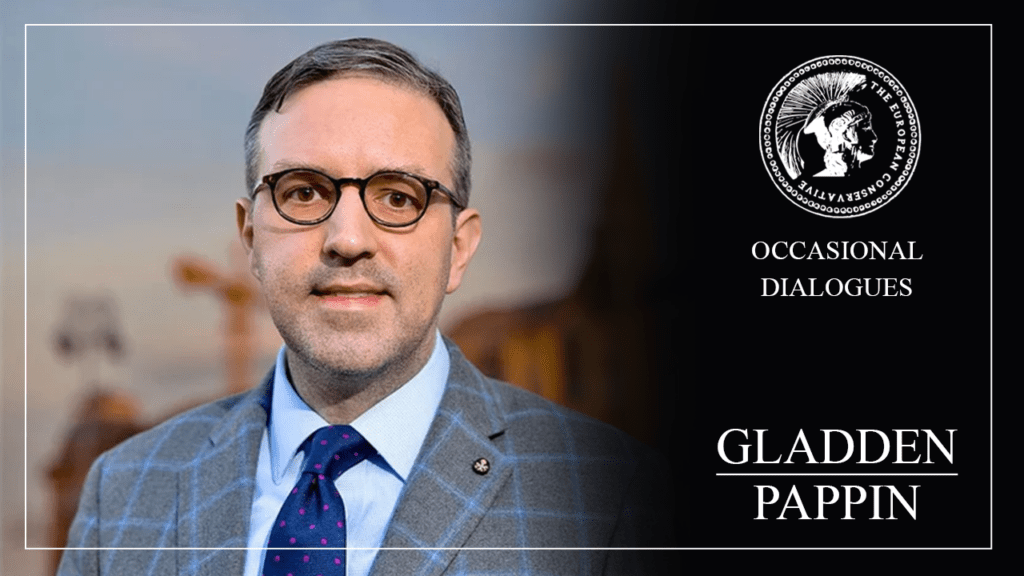
Our editor-in-chief recently sat down with Gladden Pappin for a discussion about conservatism in the West, Hungary’s foreign policy agenda, and the potential shift to the right across Europe in the upcoming elections.

Once society embraces euthanasia, it becomes practically impossible to contain.
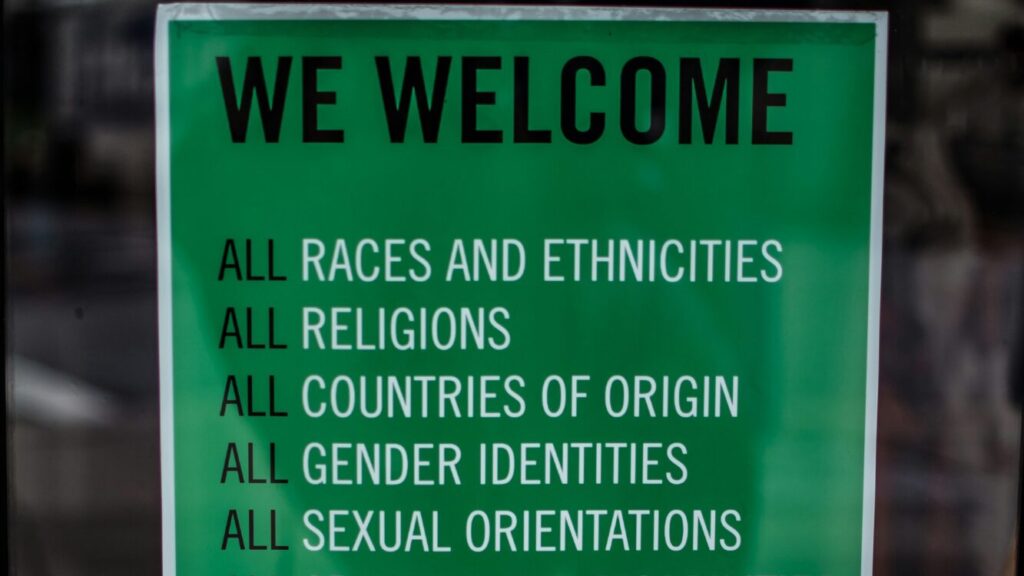
People are becoming more aware of the threat of identity politics.
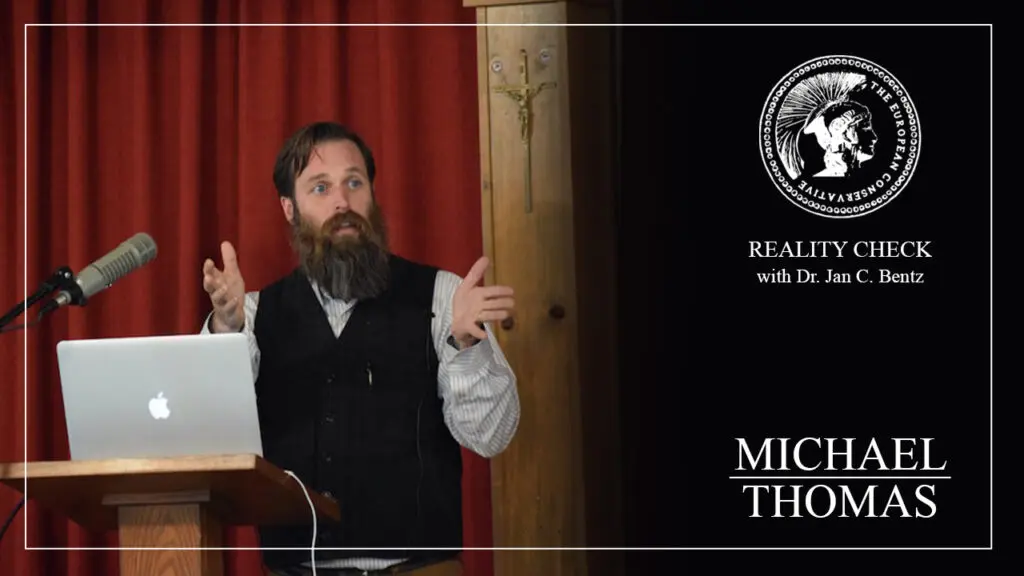
Philosopher and journalist Jan C. Bentz talks with Michael Thomas about the Catholic Land Movement, tradition, perennial truths, and the inspiration of Chesterton and Belloc.
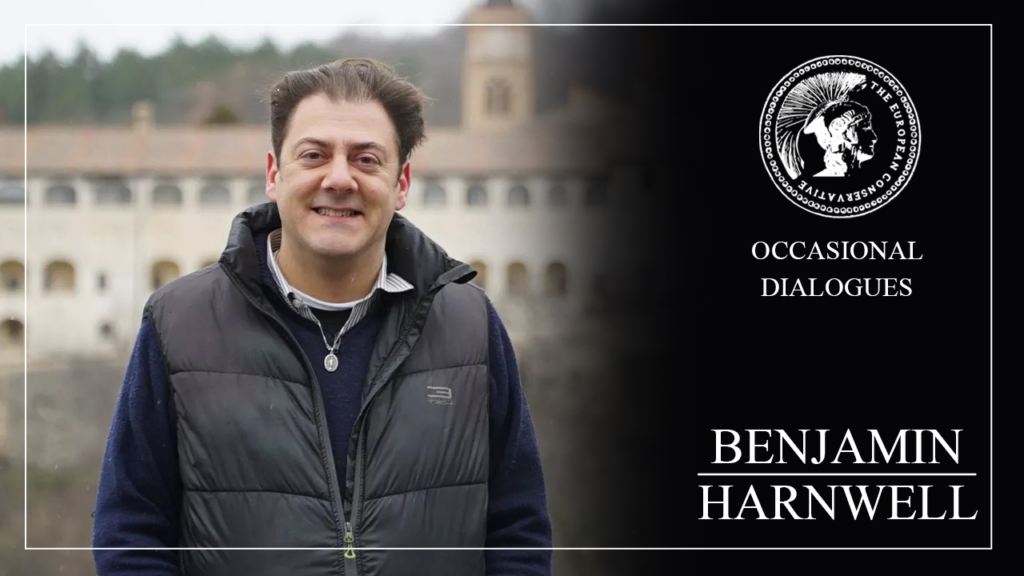
Alvino-Mario Fantini recently sat down with Benjamin Harnwell to discuss Harnwell’s recent legal victory in Italy after years of grueling litigation related to the Academy for the Judeo-Christian West.
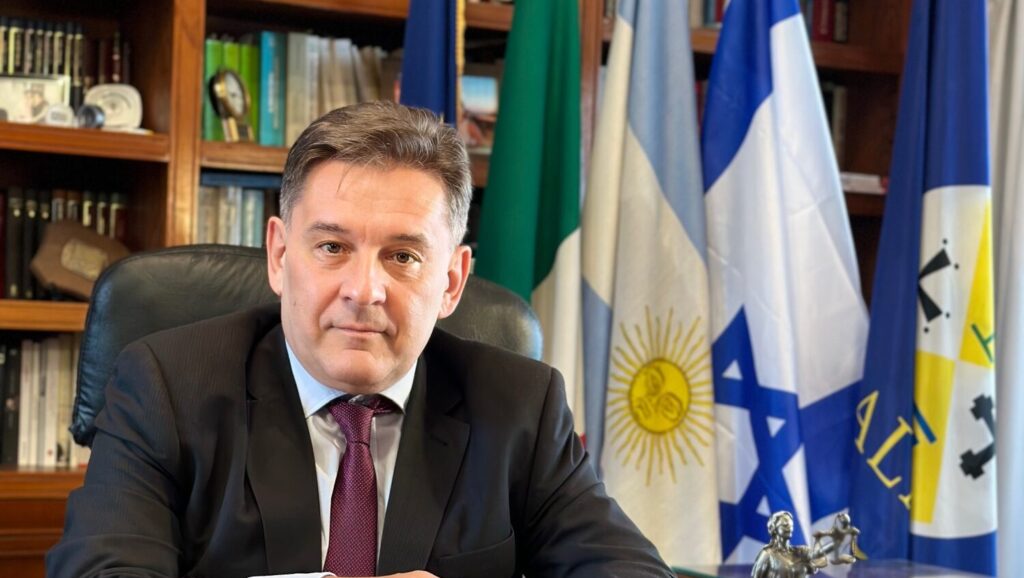
The EU has to get involved, create a special European tribunal to carry out this procedure, presided over by Ukrainian, European, or other judges.